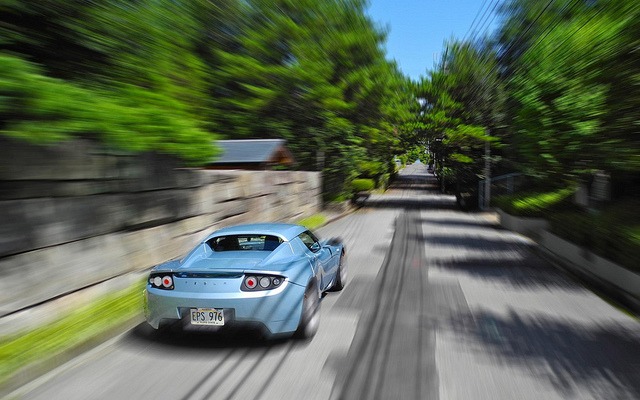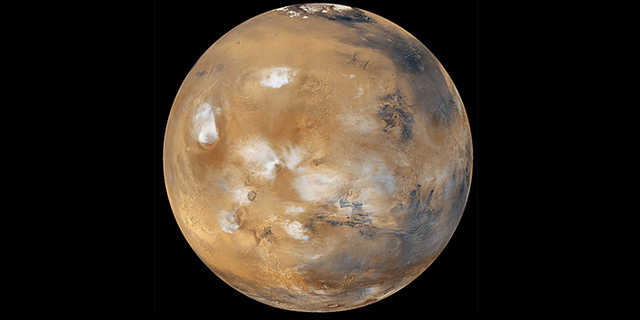
The Sony Hack
In previous weeks we’ve discussed the reasons why hackers love to hack Sony (starting with the 2005 rootkit debacle and continuing on from there — here’s a great link to an article at Gizmodo that explains it if you missed it), but what are the reasons North Korea would hack Sony? Turns out, there aren’t many. Sure, the movie-slash-bro-fest The Interview is all about trying to assassinate Kim Jong-Un, the megalomaniac heading up the North Korean dictatorship that’s literally killing its citizens in its drive for power, but is a badly-written American movie enough to start a cyber-war? President Barack Obama weighed in on the hack after the decision was made to pull the film from theatrical release, promising a “proportional response,” and a few days later the North Korean internet went dark. But was North Korea responsible for the hack, and was the US responsible for the blackout? With the US government keeping mum about their evidence, private security researchers are analyzing what little data they have. By looking at the mistakes in the English used by the hackers in their communications, the researchers have suggested that there’s a high likelihood that the hackers’ first language is more likely to be Russian than Korean, muddying the already cloudy waters surrounding the incident. One thing is certain: knowing how governments act when nobody’s looking, the lack of transparency surrounding current cyber attacks can only lead to more of the same. The New York Times’s Nicole Perlroth has the full story.

Roadster 3.0
Earlier this week rocketry enthusiast and mad scientist Elon Musk hinted that there would be news regarding the electric car manufacturer Telsa, and news there was. While we thought we were getting a new roadster, what we actually got was something much more interesting: an upgrade. According to the press release, owners of the current Telsa Roadster will be able to take their car in for an upgrade — low-rolling-resistance tires, low-drag body changes, and a new 70kWh battery pack will take the range of the roadster up as much as 50% to a whopping 400 miles. As they point out over at AutoBlog, we don’t know much more than this right now — not even if this package will allow the older model to finally connect to the manufacturer’s new Supercharger network — but it’s a great direction to take the company in. What other car can you take in for a standard-package 50% range upgrade? Check out the press release or AutoBlog for more info.

Slow Boat to Mars
A nice bit of math done by two mathematicians, Francesco Topputo and Edward Belbruno, could make future trips to Mars a little cheaper — if also a little slower. The current launch trajectory is called the Hohmann Transfer Orbit, and it’s the big-engine, catch-up-to-Mars way of getting there. The method calculated by Topputo and Belbruno is called ballistic capture or low-energy transfer orbit: instead of catching up to Mars, you send the probe ahead of it and wait for the red planet to gently catch up to it. Not only does this save on fuel (lower speeds are necessary to get there), but it also requires less weight in ablative shielding because it requires less speed reduction on arrival. In an era of cost-cutting at NASA, it might be a good solution — though not for humans, because when it comes to a manned mission to Mars, less time in space is better. Gizmodo has the story, and the paper is over at arXiv.org.
Equity in Reddit
In a strange bit of news, online community and social site Reddit will be giving roughly five million dollars in equity to its users. According to the Verge, late next year, a random 950,000 of the site’s approximately six million users will receive a single “Reddit Note.” The note system will be based on cryptocurrency shared ledger systems like bitcoin’s blockchain (among others), but the site insists that it will not be a currency, will not be redeemable for cash, and will not be equivalent to shares, even though they will be “backed” by shares in the company. As yet it’s not clear exactly what the so-called Reddit Notes will actually be useful for, but I suppose we’ll see. The Verge has the rundown on the less-verbose reddit blog post.
Storage or Generation?
In a recent piece of news out of California, 264MW of the state’s proposed 2221MW energy solution will take the form of storage, rather than generation. Because, like in many states, electricity prices vary with the time of day, these companies will be drawing power from the grid during off-peak hours, and selling back to the grid during peak hours as a way of generating higher peak availability (as well as profit). It’s not a new solution, but it is an interesting step in the right direction, as more storage will make intermittent renewable sources like solar and wind more viable. The New York Times has more on the story.
Messenger’s (temporary) Reprieve
NASA’s Messenger spacecraft has been collecting information on Mercury since April 2011, but that mission is set to end soon due to a lack of fuel. The probe’s supply of hydrazine, used to reposition the craft and keep it from falling out of orbit around the sun’s nearest neighbour, has been exhausted. But in a unique bit of McGuivering, engineers at NASA have figured out a way to use the helium aboard (used to keep the probe pressurized) to keep the probe in orbit a little longer. If nothing else, it should buy the scientists another couple of months to study the planet, which in the end is priceless. Phys.org has more details.
Best of the Rest
As always there are more stories than I have time to cover this week, so here’s some of the also-rans: scientists got closer to anti-aging with a new drug that keeps the immune system going better for longer; an indiegogo project for the world’s smallest hearing aid has met its funding goals; Japan’s gotten the Fx0, a new Firefox phone that’s got a see-through shell; a new tick-borne virus has been found in the United States; NASA’s NuSTAR probe has made for some beautiful X-ray pictures of the sun; and astronaut Alexander Gerst has released a beautiful timelapse from the ISS.
That’s all for today. Have a great week.
